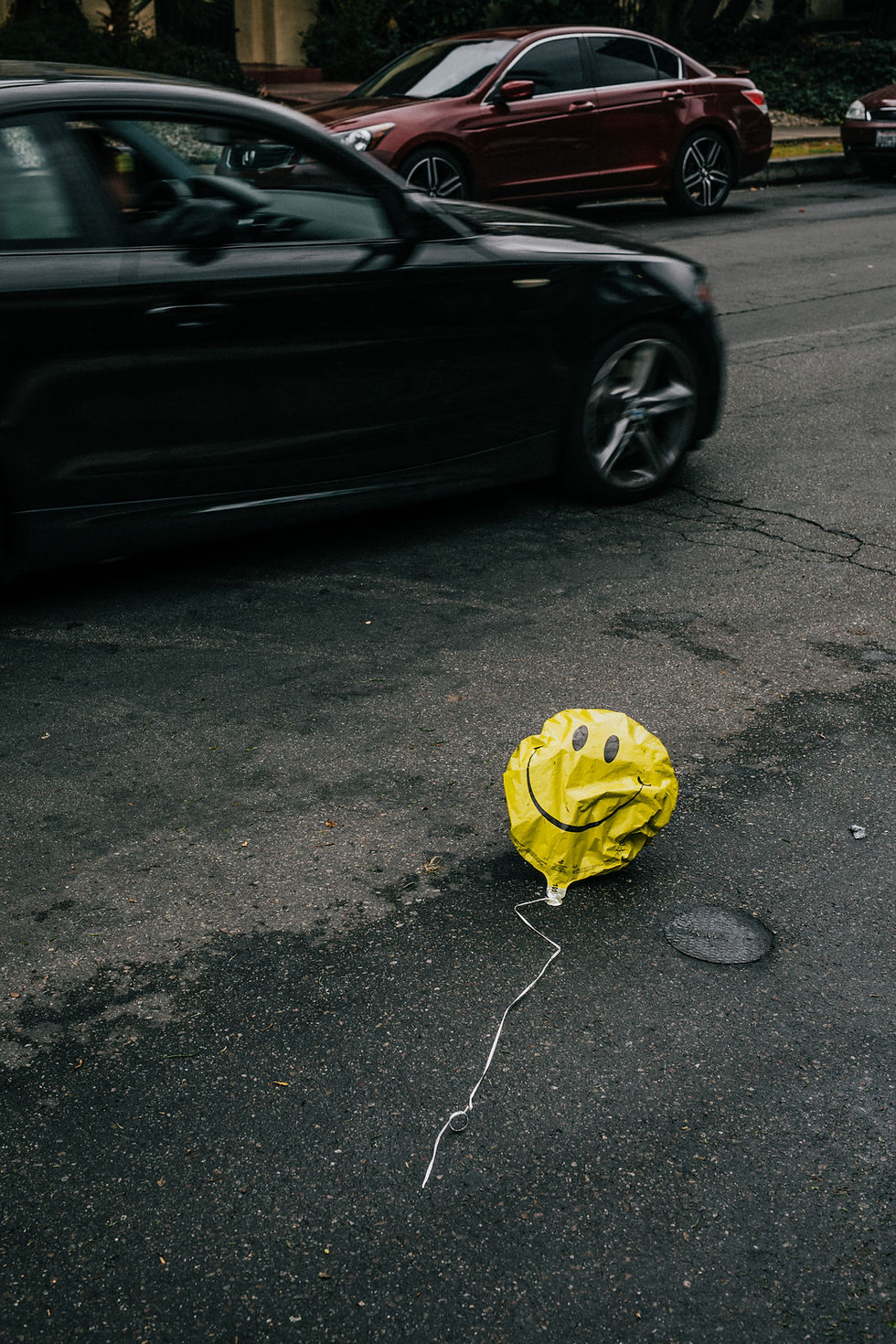
The Preacher (Heb. Qoheleth) wrote, "I said in my heart, 'Come now, I will test you with pleasure; enjoy yourself.' But behold, this also was vanity... I made great works. I built houses and planted vineyards for myself. I made myself gardens and parks, and planted in them all kinds of fruit trees. I made myself pools from which to water the forest of growing trees" (Ecc. 2:1, 4, 5, 6).
This is the word of the author of Ecclesiastes, the wise one who lived and ruled in Jerusalem. He tried many things in this world to satisfy his desires. He sought everything there is to give himself pleasure. He did not deny himself of anything that would give him happiness - entertainment, wine, houses, vineyards, orchards, parks, music, women, name it.
"In addition to wine and laughter, there are many other pleasures in life, and the Preacher-King was rich enough to try almost all of them. He lived the lifestyle of the rich and famous, building a beautiful home and planting many magnificent gardens," writes Dr. Phil Ryken.
"Exercising almost God-like creativity and control, the Preacher made better homes and gardens," Ryken continues. "The man was an architect, a builder, and a developer. He designed and built mansions of pleasure... He was equally skilled in vini¬culture, the production of wine. He planted many vineyards (see Song 8:11)...He was equally involved in horticulture and silviculture, planting flowers and fruit trees. The lush vegetation he planted was irrigated by reservoirs large enough to water a small forest...The palace of the Preacher-King was paradise regained.
"Best of all, it was all for him. The Bible describes Qoheleth’s building and landscaping projects as 'great works' (Ecclesiastes 2:4), but they were not public works. They were part of the man’s private residence. He was living large in the garden of his own pleasure...."
"At the end of his quest, the Preacher-King reached the same conclusion. Even after experiencing all the pleasure that he could afford, he still had not gained anything out of life. On 'the morning after,' while he was still suffering the effects of his pleasure trip, he said, 'Then I considered all that my hands had done and the toil I had expended in doing it, and behold, all was vanity and a striving after wind, and there was nothing to be gained under the sun' (Ecclesiastes 2:11).
The wise Preacher-King tried everything pleasurable under the sun. Still he concluded that there's no true satisfaction in them all.
So where do we turn to? Ryken adds, "The answer is that our dissatisfaction with life should point us back to God — not away from him but toward him. If all the pleasures under the sun cannot satisfy our souls, then we need to look beyond this world to God in Heaven" (Philip Graham Ryken: "Ecclesiastes: Why Everything Matters," pp. 48-49, 51, 52).
コメント